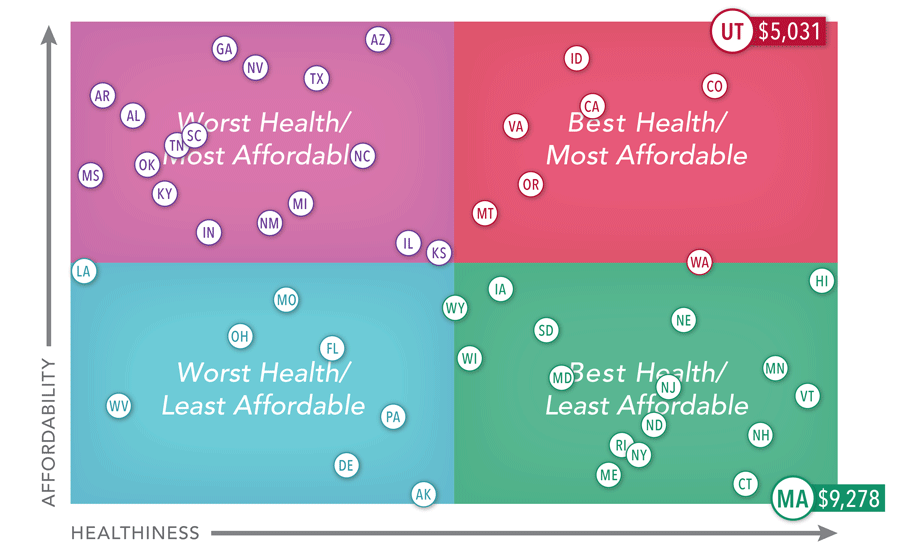Without a doubt, health care is expensive. In 2014, the US spent $3 trillion on health care, averaging $9,500 per person [1]. So how could it be that precision medicine—with its DNA sequencing, high-tech diagnostic tests, and individually targeted therapies—might actually help reduce costs?
Many precision medicine approaches are more costly than conventional approaches. Yet precision medicine is not only for the wealthy. The following examples illustrate how it promises to increase the value of medicine: delivering better outcomes to more people for less money.
Mark Yandell, PhD, who co-directs the USTAR Center for Genetic Discovery, explains that not all of the benefits of precision medicine can be measured or quantified.
